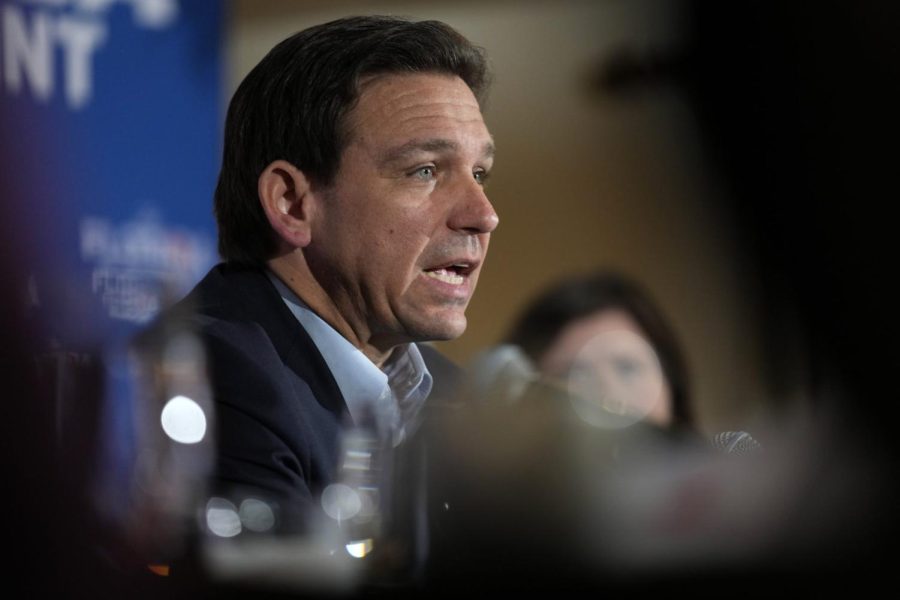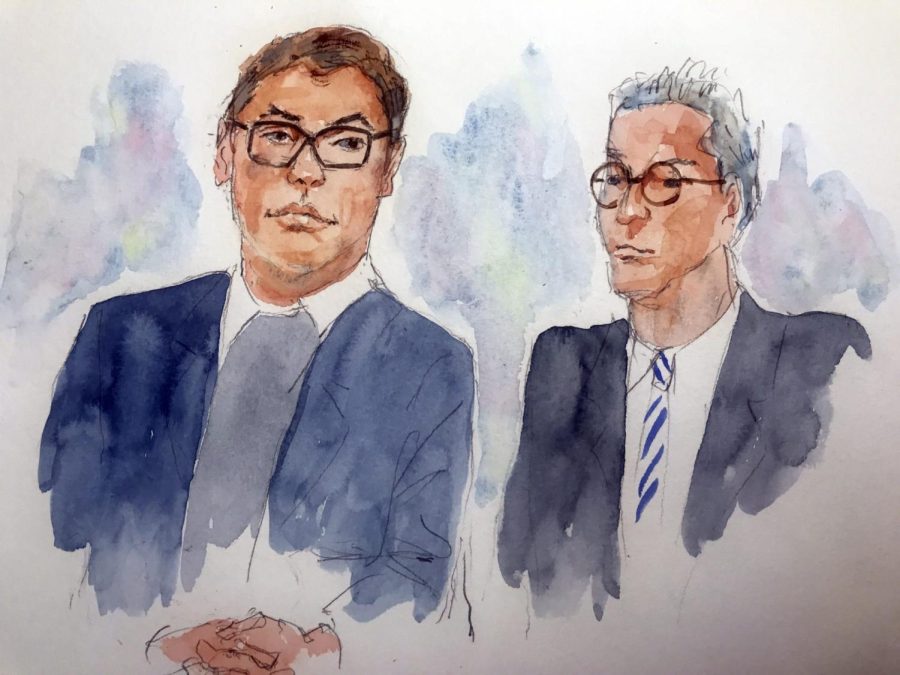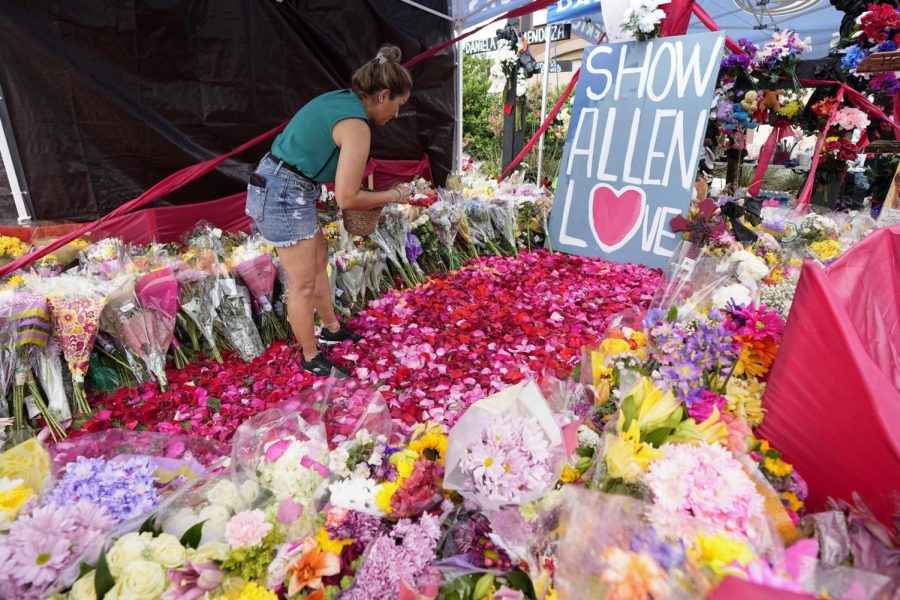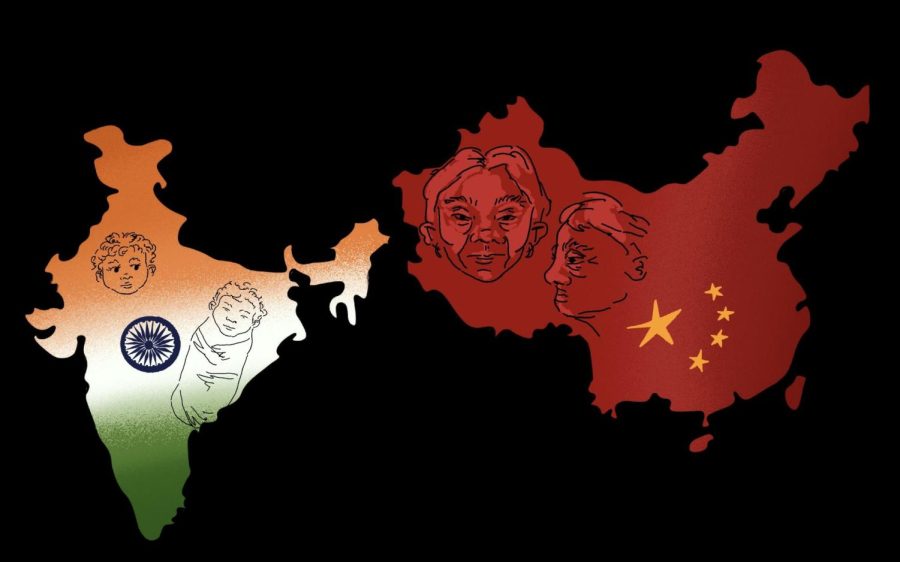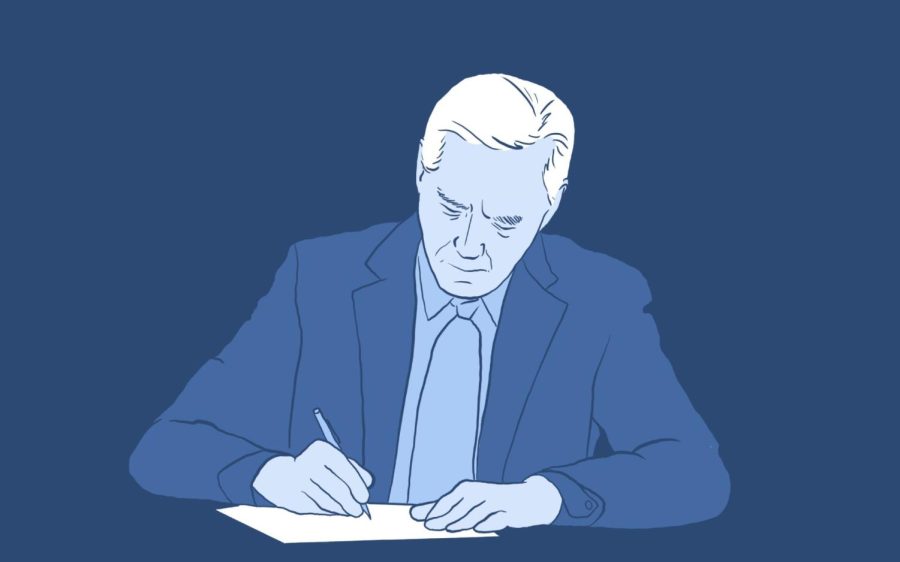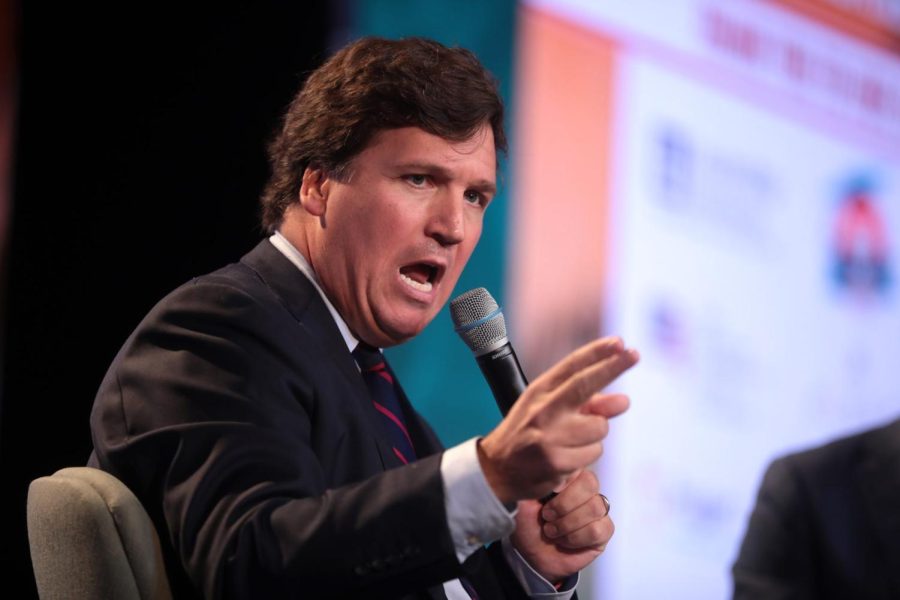Every year, the Group of Eight (G8) gathers for a meeting to discuss worldly issues such as poverty, tax evasion, security and transparency. The group is formed of eight nations, which include Canada, France, Germany, Italy, Japan, Russia, the United Kingdom and the United States. The summit was held June 17 and 18 in Northern Ireland and was mainly centered on the revolution and violence occurring in Syria.
The bloodshed began in March 2011. Since then, it has escalated into a full-fled civil war between President Bashar al-Assad’s allies and the rebel forces. The conflict has led to over 93,000 deaths as well as 1.6 million refugees. Assad’s family has been in power for over 40 years, and the rebel forces would like to see a more democratic government in power. Since the nation has such a high need for aid and security, the issue was discussed in the G8 summit. Differences in opinion between the United States and Russia on the matter were quite evident from the beginning of the two-day summit.
The issue is that of chemical weapons. Putin stated there was “no evidence” of chemical weapon use. In addition, Russia is Syria’s main arms supplier and will therefore support President Assad. However, President Obama recently stated in a press conference that, “What we now have is evidence that chemical weapons have been used inside of Syria but we don’t know how they were used, when they were used, who used them; we don’t have a chain of custody that establishes what exactly happened.”
Whether chemical weapons have been used or not, it has been confirmed that France, the United Kingdom, and recently, the United States, have been supplying arms to the rebel forces. DePaul professor Khalil Marrar believes this “has had the effect of creating simmering and lingering instability without definitive outcome of a more robust intervention such as a no fly zone or ground troops deployment.” In other words, something more proactive must be done about the conflict in Syria. This is what the G8 hoped they would accomplish in their two-day conference.
At the end of the conference, leaders drafted a document titled Lough Erne. This seven-point plan was devised to resolve some of the issues in Syria. Articles 82-87 under the foreign policy section were directly related towards Syria. Article 82 states that officials “are determined to work together to stop the bloodshed and loss of life in Syria and to support the Syrian people to establish peace and stability through political means.”
The G8 also decided to contribute $1.5 billion to Syrian humanitarian efforts. The Lough Erne states that the G8 is in favor of a “united, inclusive and democratic Syria.” Lastly, the G8 condemns the use of chemical weapons, terrorists and persons affiliated with Al Qaeda. Perhaps this document is not as aggressive towards peace efforts as one might hope, but it is still a start.


